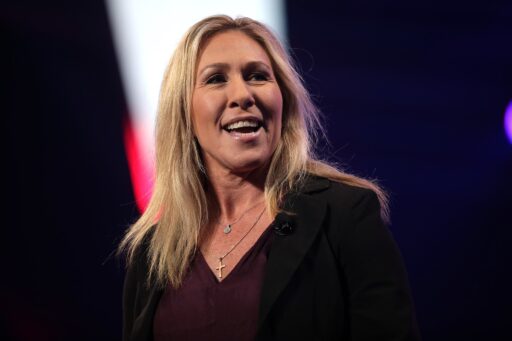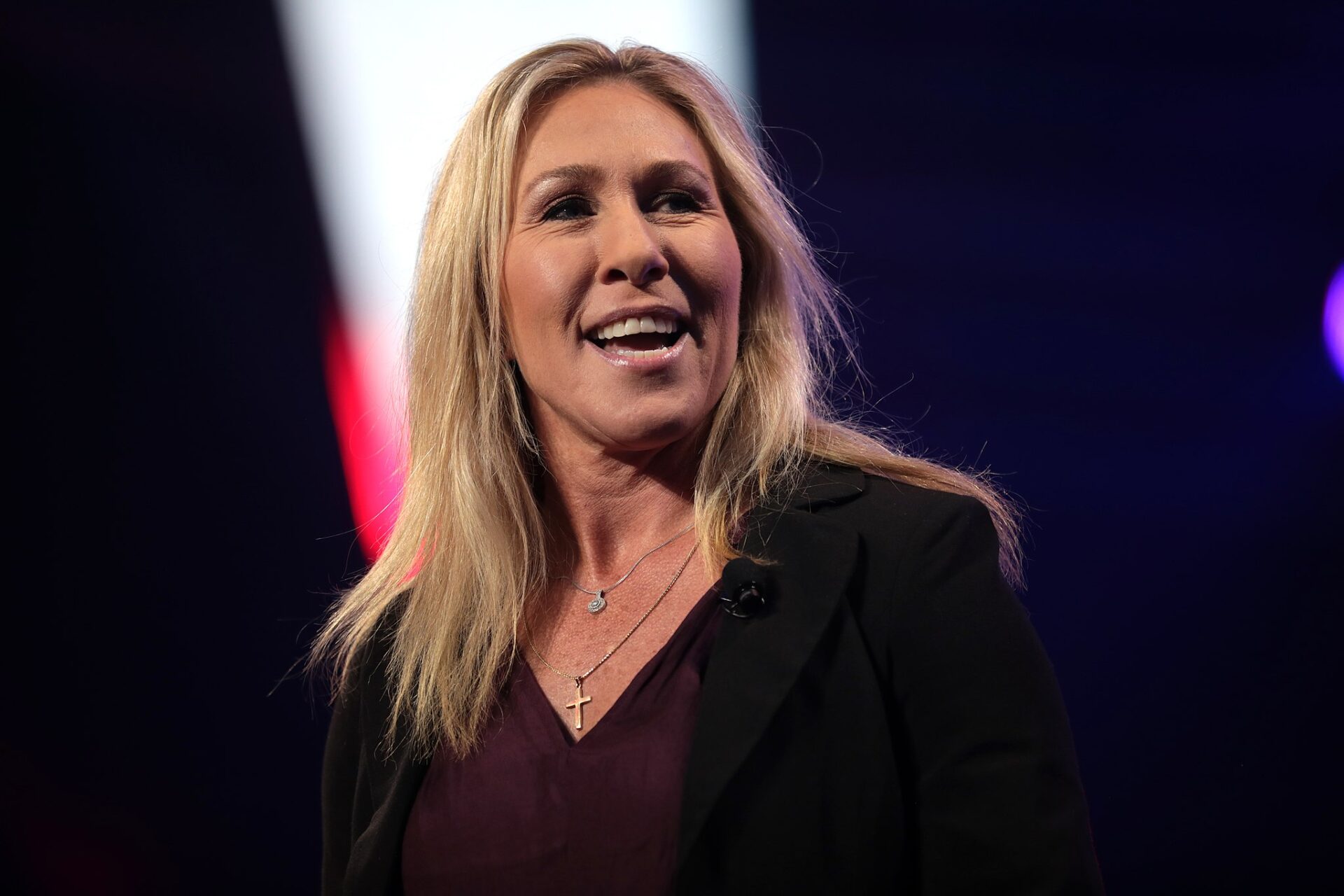There is a lot of finger pointing going on.
The Republican Party finds itself at a crossroads as its grip on the House of Representatives continues to slip, prompting a heated blame game among its members. Representative Marjorie Taylor Greene stirred controversy by pointing fingers at departing colleagues for further thinning the GOP’s already fragile majority. However, notably absent from her critique was former Speaker Kevin McCarthy, whose resignation in December exacerbated internal divisions within the party.
McCarthy’s departure has left a bitter taste for many hard-line conservatives who accuse him of abandoning ship ahead of crucial elections. The rift within the GOP is deepening, with conservative factions lambasting moderates as traitors, while moderates decry hard-liners as obstructionists. This internal strife is exacerbated by the razor-thin majority, making it challenging for Republican leaders to rally support for their policy agenda.
The animosity traces back to McCarthy’s ousting in October, a battle that pitted his allies against dissenting voices within the party, including Greene and Representative Tim Burchett. These tensions persist, exacerbated by the recent resignations of Representatives Ken Buck and Mike Gallagher, both known for their independent streaks.
Greene contends that each departure jeopardizes the party’s standing, bringing them perilously close to minority status. Speaker Mike Johnson, however, downplays the significance of these resignations, citing a natural turnover in Congress. Yet, the growing number of resignations, coupled with the toxic atmosphere on Capitol Hill, paints a dire picture for the GOP’s ability to govern effectively.
The timing couldn’t be worse, with contentious issues like domestic surveillance and military aid to Ukraine looming large. These debates further fracture the GOP, while Greene’s threat to oust Johnson adds another layer of uncertainty.
Moderate Republicans, in particular, fear that internal squabbles will overshadow their message to voters and jeopardize their chances in the upcoming elections. Despite criticism, Greene remains steadfast in her demand for stronger leadership, insisting that the resignations, not her motions, endanger the GOP’s majority.
Gallagher’s early departure, in particular, has sparked outrage among his colleagues, leaving the GOP in an even tighter spot. The infighting extends beyond Capitol Hill, with local Republican groups condemning Gallagher for abandoning his post prematurely.
As the GOP grapples with internal divisions and dwindling numbers, the path forward remains uncertain. Whether the party can overcome its internal strife and present a united front to voters will ultimately determine its fate in the upcoming elections and beyond.







